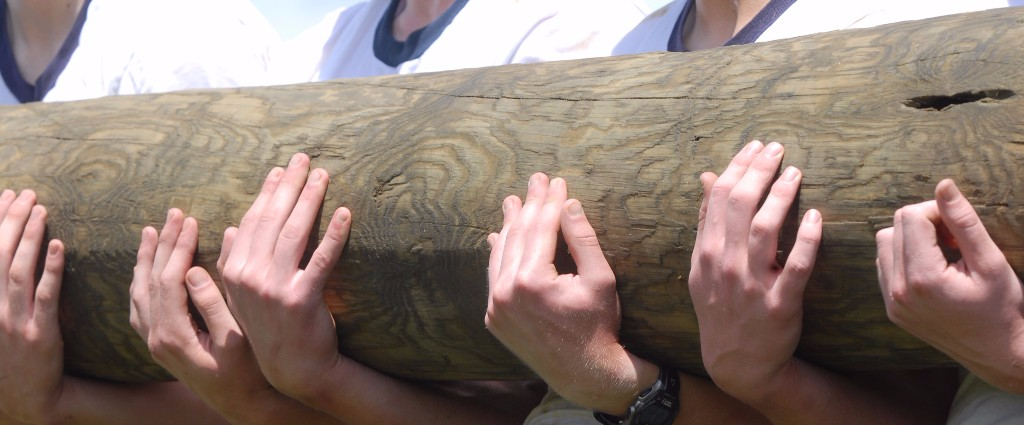Parashat Naso
Numbers 4:21 – 7:89
Our second Torah portion of the Book of Numbers continues discussing the role played by the Levites in transporting the various pieces of the Tabernacle as the Israelites moved through the wilderness. The Levitical workforce is counted, just as the military forces of all of the other Israelite tribes have been counted. The census concludes with an intriguingly repetitious phrase. It tells us that those who were counted were “all who came to serve in the service of the service and the service of porterage in the Tent of Meeting.” (Num. 4:47) In the Hebrew there is a string of four words, all nearly identical – la`avod `aodat `avodah va`avodat”…etc.
Rashi notices this redundancy and divides the four words into phrases that describe two types of service rendered by the Levites. He explains that the first service – `avodat `avodah – “is the singing and the cymbals and stringed instruments, for this is a service to support the other [priestly] service.” Thus, the Levites’ music that accompanied the rituals in the sanctuary was a “service for the service.” They enhanced the ceremonies that the priests performed. They added an additional emotional and inspirational element to the sacrificial activities that were the core of the ancient Israelite worship. Here “`avodah” means Divine worship, as it does in so many other places in our Torah. (See the beginning of the second paragraph of the Shema, for instance.)
But the verse’s second “service” or worship is called “`avodat massa” – the service of porterage, of carrying the heavy loads of Tabernacle stuff, hauling them from encampment to encampment. It is noteworthy that the Torah calls this physical, menial labor “worship.” But the worship of lifting up burdens is not allocated to an additional service to sweeten it. This is a service that must lift itself up by its own bootstraps, as it were. Yet the Torah insists that any labor, no matter how prosaic or mindless, may yet be imbued with a sense of sacred purpose, turning it from plain work into sacred service. This is true with regard to any mindful individual. But it surely helps to engage in this physical labor, as did the Levite clans, with a group of like-minded associates. When an entire group pitches in to get the job done together, the physical exertion can be transformed into a spiritual exercise. These are not empty words or wishful thinking. We see this happen all the time in our own present-day sanctuary, here at Shomrei.
Shabbat Shalom
Rabbi David Greenstein
![]()
Subscribe to Rabbi Greenstein’s weekly d’var Torah
Image(s): public domain.
- Toby Stein: In Memoriam - Thu, Feb 8, 2024
- Faithfulness and Hope: Parashat Sh’lach - Thu, Jun 23, 2022
- Past Their Prime: Parashat B’ha`a lot’kha - Thu, Jun 16, 2022

